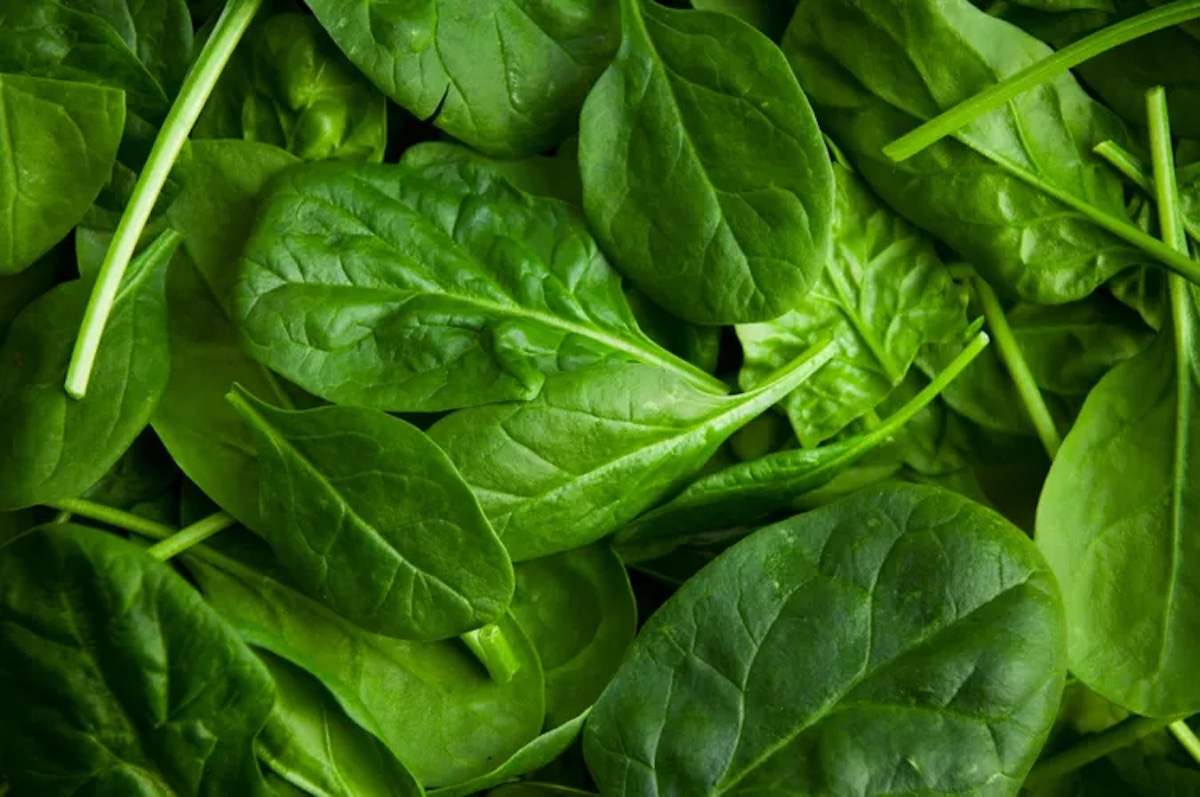13 Foods That Can Help Your Hair Grow Faster and Stronger

Foods for hair growth: A nutrient-rich diet may help your hair grow, especially if you have a vitamin deficiency. Foods high in protein, omega-3 fatty acids, iron, fat-soluble vitamins, and B-complex vitamins—such as leafy greens, eggs, and fatty fish—aid hair growth.
1. Fatty Fish
Fatty fish include salmon, herring, and mackerel. These fish have nutrients, such as omega-3 fatty acids, protein, selenium, vitamin D3, and B vitamins, which may help promote strong and healthy hair growth.
Omega-3s are thought to have anti-inflammatory properties and protect hair follicles from damage. One study found that women who took a supplement containing omega-3s reduced hair loss and increased hair density.
2. Eggs
Eggs contain several nutrients that can contribute to healthy hair. These include biotin, protein, choline, iron, and vitamins A, D, and B12.56 They also have lutein and zeaxanthin, two antioxidants known to maintain the health of eyes, hair, and skin. Most of the egg’s vitamin D is found in the yolk, so you may not get the same benefits from egg whites.
3. Dark Leafy Greens
Dark leafy greens contain hair-healthy nutrients, such as B vitamins, vitamin C, folate, iron, and the antioxidants quercetin and kaempferol. One study found that the Mediterranean diet, which includes vegetables like dark leafy greens, may help promote hair growth in people with hair loss.9 Some examples of dark leafy greens include spinach, arugula, and kale.

4. Nuts and Seeds
Foods for hair growth, Nuts and seeds are rich in vitamin E, B vitamins, zinc, and healthy fats. Just one ounce (23 almonds) provides 7.3 milligrams of vitamin E, 48% of your adult daily requirement. Some studies suggest vitamin E may promote hair health by protecting hair follicle cells against oxidative damage.
5. Sweet Potatoes
Sweet potatoes contain beta-carotene, which your body converts to vitamin A. Research suggests that vitamin A can affect sebum production, an oily substance that keeps hair healthy. However, too much vitamin A has been linked to hair loss.
6. Berries
Foods for hair growth, Strawberries, blueberries, raspberries, and blackberries are all loaded with antioxidants, like vitamin C, that protect cells from damage. They can also boost collagen production, promoting healthy skin, joints, and hair.13 Just one cup of strawberries contains 97.6 mg of vitamin C, up to 113% of the daily requirement.
7. Avocados
Avocados contain nutrients such as vitamin E, folate, niacin, magnesium, and vitamin C. One avocado has 163 micrograms of folate. Studies suggest that folate deficiency may be linked to hair loss.
8. Oysters
Oysters are a good source of zinc, a mineral that supports the hair growth cycle. Some research has shown that a zinc deficiency can lead to hair loss. Eating just two medium oysters can provide enough zinc to meet your daily needs. But don’t overdo it. Too much zinc can be toxic.
9. Meat
Meat has a lot of protein and iron, which are involved in the hair growth cycle. Deficiencies in protein and iron have been linked to hair loss. Red meat contains iron that’s easy for your body to absorb. However, overeating red meat has been linked to other health issues, such as cardiovascular (heart) disease.

10. Legumes
Legumes, such as chickpeas, lentils, black beans, and peas, are good alternatives for vegetarians who want to consume more protein. They also contain folate, which may support hair growth.
11. Bell Peppers
Bell peppers are rich in vitamins C and A and biotin, essential for keeping hair healthy. They come in various colors: red, yellow, green, orange, and even purple.
12. Buckwheat
Buckwheat is a seed that provides zinc, iron, magnesium, vitamin E, and B vitamins, which can all support healthy hair growth. It also contains silica, a trace element that may prevent hair thinning and strengthen hair.
13. Yogurt
Yogurt provides several hair-healthy nutrients, like protein, B vitamins, selenium, and vitamin D.
U.S. Department of Agriculture. Yogurt, low fat milk, plain.
Greek yogurt has more than double the amount of protein as regular yogurt. One serving of Greek yogurt has 20 grams of protein, whereas a serving of low-fat yogurt has 9 grams of protein.
How Your Diet Really Affects Hair Loss and Growth
Food is one of several factors that can contribute to hair loss and regrowth. Research shows that eating a nutrient-rich diet can promote active hair growth. The nutrients support hair follicles’ high metabolic rate and cell division.
The reverse is also true. A diet that is deficient in specific nutrients can lead to hair loss. While researchers say nutrients may directly restore hair growth, the exact doses aren’t known. More research is needed to determine the role of diet in hair loss management.
Also Read:
Oily Hair: What Causes Wet and Shiny Symptoms?
11 Natural Home Remedies For Dry and Frizzy Hair Try
5 ways in which excessive sweating is damaging your hair
4 reasons why you need to try cooling peppermint oil for hair growth




